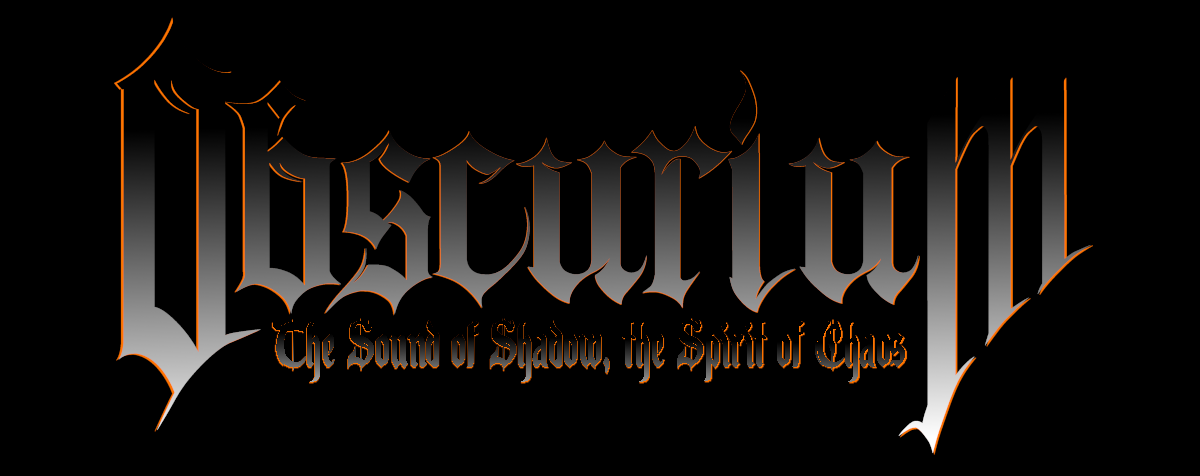
Following our review of Manifest II, we wanted to take the conversation further—beyond listening and first impressions.
This time, Nith himself sheds light on Mesfetor’s approach, the meaning of this second manifesto, and the thoughts that drive it.
A written interview, raw and sincere, to dig deeper into the themes explored in the work.
First of all, thank you for accepting this interview and taking the time to answer our questions about Manifest II.
Manifest II deals with Islam through a reappropriation of black metal’s anti-religious codes. Can you tell us more about this thematic choice and what you wanted to highlight?
Very true indeed. I use the traditional codes of black metal, but I think it’s important to anchor them in contemporary themes.
So, why this choice? First out of a spirit of contradiction, out of absolute aversion towards the Mohammedans, and also because I see far too few French bands with the balls to tackle this subject—one that is far more problematic than Christianity.
I wanted to deal with this theme since the very beginning of the project, while obviously avoiding doing something like Svolder or GBK. My approach is certainly more identity-driven.
When you compose, do you start from a conceptual idea (the album’s theme) or from raw music that imposes itself on you?
A mix of both. I’m lucky to have plenty of ideas about concepts and themes to explore (that’s actually why I synthesize these ideas into Manifestos).
In a way, starting from a guiding line probably helps me compose and align those concepts with the music.
All of it comes very naturally, and I want it to stay that way. If there is sophistication, it must remain natural and raw. Otherwise, it’s abandoned.
What were your main artistic or technical challenges during the creation of Manifest II?
I first wanted to avoid a repetition of Manifest I, to free myself from certain Toulon influences that I found a bit too obvious when composing the follow-up.
The burning desire to have lyrics in French.
Another important point: mixing. Working with old gear, I absolutely wanted to achieve a clearer, more transparent sound.
Overall, I’d say it was a successful mission.
How would you describe the evolution of Mesfetor between Manifest I and Manifest II?
Instinctive and natural.
Can you tell us about your musical influences, whether they come from black metal or completely outside the scene?
If we stay strictly on a musical level for this project, I’d say first the early black metal releases from Eastern Europe (Poland, Russia, Ukraine), the Toulon scene, and I definitely have to mention old rock/heavy and punk.
Do you consider Mesfetor as a purely individual project, or as an entity that could evolve with other collaborations?
In principle, it’s a purely individual project. However, having played in bands in the past, I also know how much the help of talented musicians can sometimes elevate a project.
Moreover, I intend to bring Mesfetor to the stage, so the question of a line-up naturally arises!
Black metal is often associated with a raw and radical aesthetic. How do you work the balance between sonic violence and atmosphere in your music?
In my case, I think it’s the result of several elements, especially the analog equipment I use.
I aimed to achieve the same sound as some albums I consider major influences for Mesfetor, for example, the early releases from the Blazebirth Hall (Forest and Branikald in particular), Lunar Poetry by Nokturnal Mortum, and many others.
Everything in this project is instinctive.
If Mesfetor sounds like this, it’s because I loathe the kind of crap hidden behind filters that overproduce or artificially dirty up mediocre compositions.
At the beginning of Mass Grave Ecstasy, there’s a short moment—just a few seconds—where you can hear a phasing or comb-filtering effect.
Is there an anecdote behind that passage?
It’s absolutely not a deliberate effect, haha! Just a beautiful artifact from the analog equipment I use to record. And I was right to leave it as it is, apparently!
How important are sound production and recording to Mesfetor’s identity?
It’s simple: since the beginning, I can’t imagine Mesfetor with anything other than a dusty production that reeks of the charnel house.
A clever balance between a production with character, yet clear enough so that one can grasp its subtleties.
That’s precisely why I firmly reject that shitty label “Raw Black Metal,” which obviously doesn’t apply to me, since I’m capable of composing interesting riffs and certainly don’t try to hide them.
When you think about Mesfetor’s future, do you imagine each Manifest as an independent chapter, or as part of a whole that will eventually form a global work?
Yes, each chapter is independent, but the foundations are shared.
I write the lyrics in a way that allows them to echo each other, one way or another.
Will this approach last over time? We’ll see!
To conclude, is there a topic we haven’t covered that you’d like to share? Any final words or message for those who follow Mesfetor?
A simple thank you — to you, and to those supporting the project in one way or another.
N.
